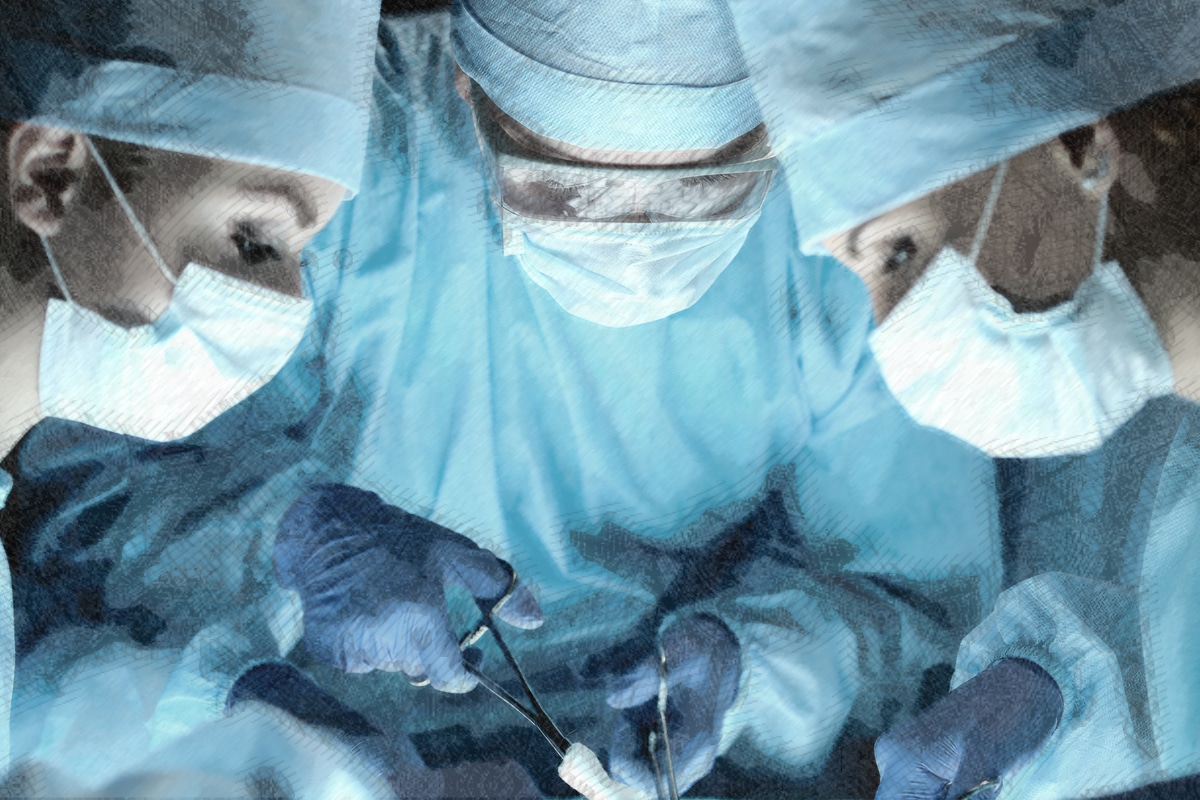
When you learn you have a hernia and your doctor recommends reparative surgery with hernia mesh, you will probably be a little anxious prior to the procedure. Even once the surgery is completed, you may feel on edge for the next few days or weeks as you recover.
But once you return to your doctor for a successful check up, you can exhale and relax, right? Not always, unfortunately. Many complications from defective hernia mesh, such as adhesions, can take weeks, months or even years to become apparent.
In this blog post I explain how adhesions can form from defective hernia mesh, the problems these cause, and why reparative surgery may be necessary, but not necessarily successful.
Adhesions
When tissue is disturbed in the body due to surgery, infection or trauma, scar tissue can form as a part of the healing process. Adhesions occur if bands of scar tissue bind two separate parts of tissue to organ walls.
Sometimes these adhesions are minor, painless and therefore go undetected. However, if tissue disturbance continues to occur and scar tissue builds up it can restrict the normal motion and function of organs.
For example, as food travels through the intestines, these organs move and shift to push waste through the bowels and colon. If an adhesion prevents this movement, the bowel may become obstructed.
Hernia mesh and adhesions
Although adhesions are a fairly common occurrence after tissue disturbance from surgery, defective hernia mesh can increase the risk of adhesions and associated complications.
The foreign body response to implanted material such as defective mesh may result in infection at the site of the surgery and increase scarring. Moreover, if the mesh migrates or begins to break down, shrink or twist, more tissue may be disturbed and scarring would continue.
Adhesion symptoms and treatment
Adhesions can begin forming days or weeks after tissue disturbance, but they may go unnoticed for a lengthy period.
While many are painless, if an adhesion pulls and twists nerves, a person may experience chronic pain. Depending on their location, abdominal and pelvic adhesions from defective hernia mesh may cause pain associated with deep breathing, exercise or stretching, or other strenuous activities, including intercourse. Adhesions affecting the bowel can also result in cramping, swelling and bloating, vomiting and, at later stages, fever.
Unfortunately, diagnosing and repairing adhesions is difficult without using invasive means such as laparoscopic surgery. This may cause more scarring and cause additional adhesions. Even removing the defective hernia mesh may not completely solve the problems.
Help for the injured
The manufacturers of defective hernia mesh distributed a protect to market that has harmed many people. If you have experienced complications following a hernia mesh surgery, including adhesions that required reparative surgery, you may be eligible for compensation for your pain and suffering.
As an experienced personal injury and product liability lawyer, I have handled many cases involving victims of defective hernia mesh. I will be pleased to review your legal options for compensation and damages with you at no charge or obligation.
For more information, please contact hernia mesh lawyer Paul Miller at 416 646-3901 or at pmiller@hshlawyers.com.





